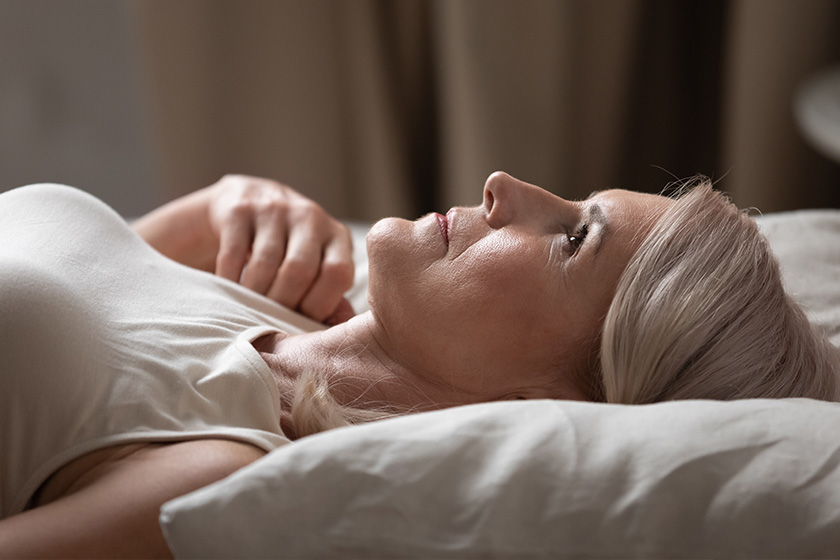Nightmares are scary, whether you’re 8 or 88 years old. Though they seem harmless enough to those who suffer from them, nightmares in persons in their golden years can have several causes and consequences, including night terrors and sleep apnea. To understand nightmares in seniors and their possible effects on health, here are the facts you need to know about and their related treatments.
Stress Or Anxiety
Stress or anxiety often causes nightmares in seniors. A physical illness, side effects of medications, or a stressful event (such as family issues) may cause it. Other times it can result from improper sleep patterns. Older adults who get less than six hours of sleep each night experience more episodes of stress and anxiety, which increases nightmares.
Trauma
Post-traumatic stress disorder or PTSD is a disorder that may manifest itself in either nightmares or flashbacks. People who have experienced trauma of some kind may end up struggling with post-traumatic stress disorder. Trauma can range from minor to extreme. However, it is important to get help from a licensed therapist or counselor if you think you may have post-traumatic stress disorder. You should also speak with your doctor to ensure no underlying causes for these flashbacks and nightmares.
Sleep Deprivation
Several medications are available for sleep problems, including some for sleep and others for anxiety. If you have difficulty falling asleep or staying asleep, your doctor may prescribe a sleeping pill. Examples of commonly prescribed sleep medications include Ambien (zolpidem), Restoril (temazepam), Lunesta (eszopiclone), and Rozerem (ramelteon). For Persons in their golden years who experience stress-related insomnia, sedatives such as Xanax may be prescribed. Tranquilizers can also help alleviate night terrors and other sleep disturbances that might result from a traumatic event in your life.
Substance Misuse
Substance misuse can trigger or worsen nightmares. As these substances are metabolized and excreted, they sometimes leave behind byproducts that disrupt REM sleep. They can also cause other sleep problems that contribute to nightmares.
Age-Related Issues
As we age, certain physiological changes negatively impact our sleep quality. This can result in distressing dreams or nightmares and is something that a physician should evaluate as it may be a sign of underlying disease like hypoxia (low oxygen levels). Fluctuating hormone levels due to menopause or other hormonal fluctuations may cause poor sleep and night terrors, particularly if left untreated.
Other Disorders
Believe it or not, nightmares in adults in their golden years can have a lot to do with other health issues that they might be dealing with. For example, adults in their golden years who deal with depression may experience increased night terror activity due to their health conditions. You need to keep an eye out for signs and symptoms of depression in your elderly loved ones, as well as symptoms of other common diseases that could also be causing nightmares. Once you’ve pinpointed what is specifically causing the nightmare, you can start searching for treatments that address those specific causes. Sometimes having more information about what is causing a nightmare will make them go away faster!
Scary Books And Movies
We often have nightmares when we watch scary movies or read scary books. Those scary stories stimulate our imagination and make us more sensitive to fear and danger. That may be why children, teenagers, and young adults are more likely to experience nightmares than older people. For aging family members, however, these fears are compounded by changes in brain chemistry that occur as a result of aging.







